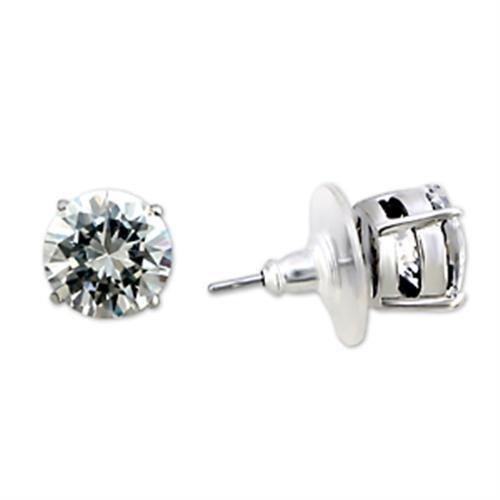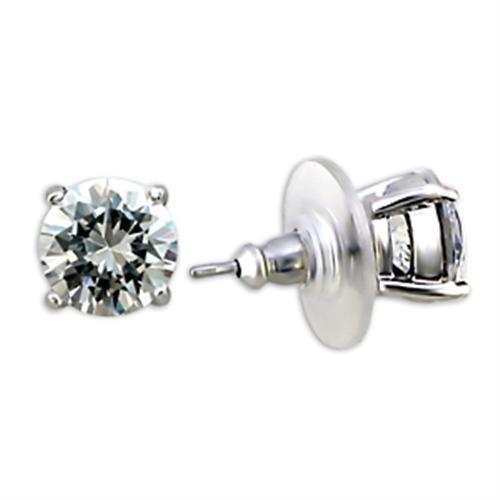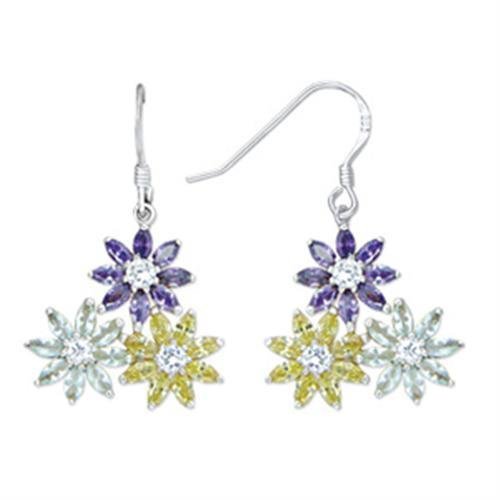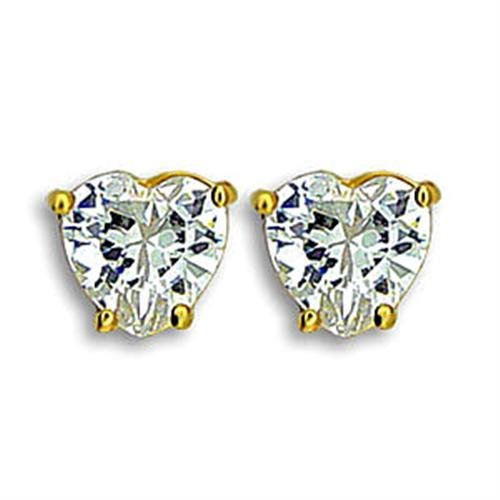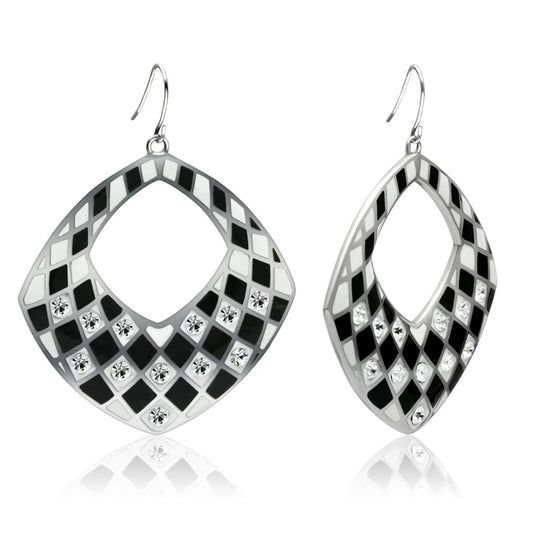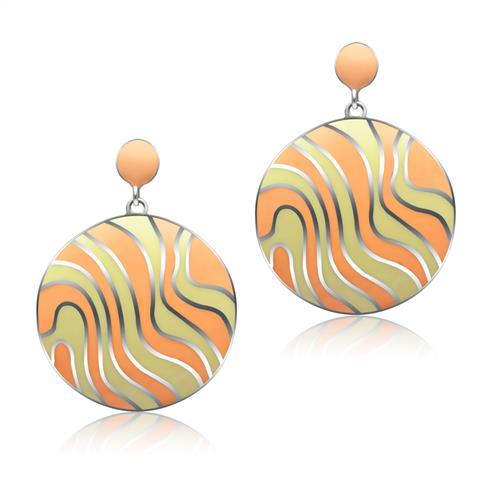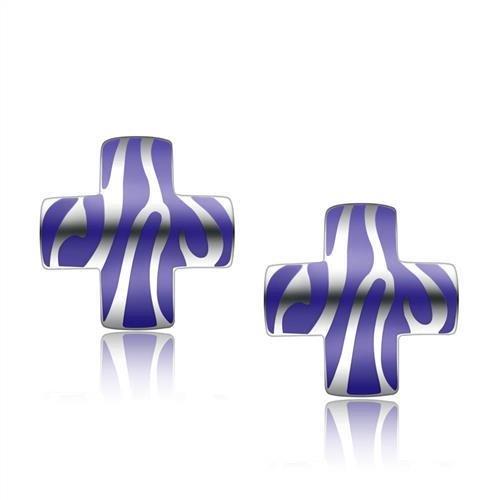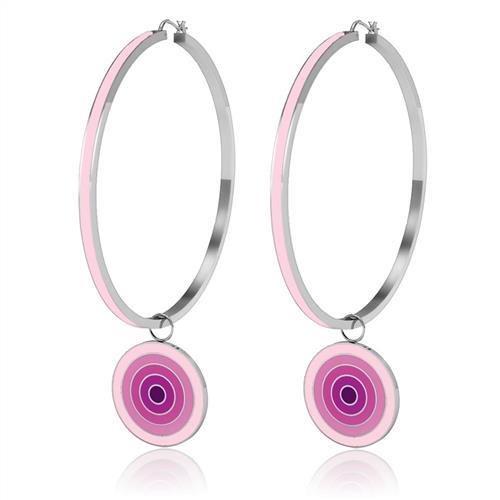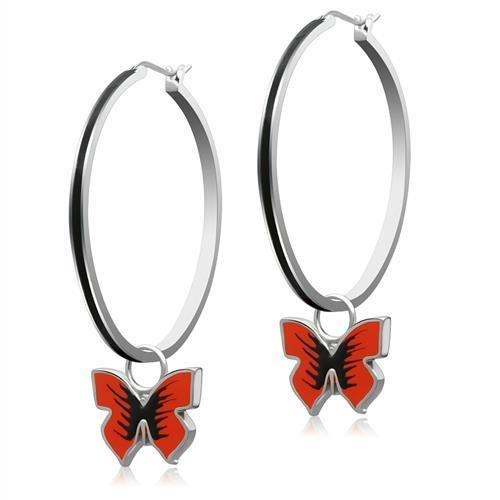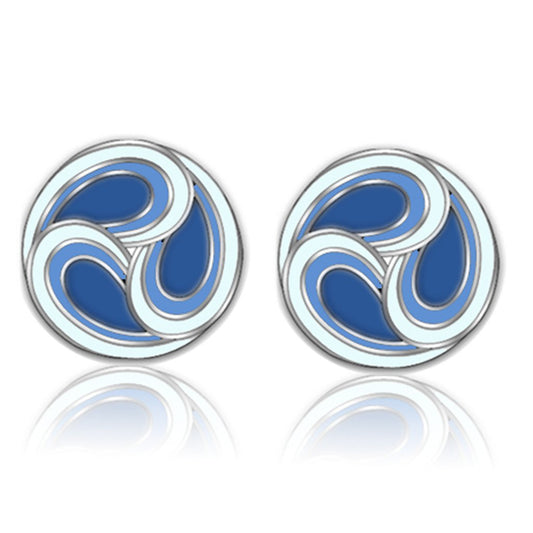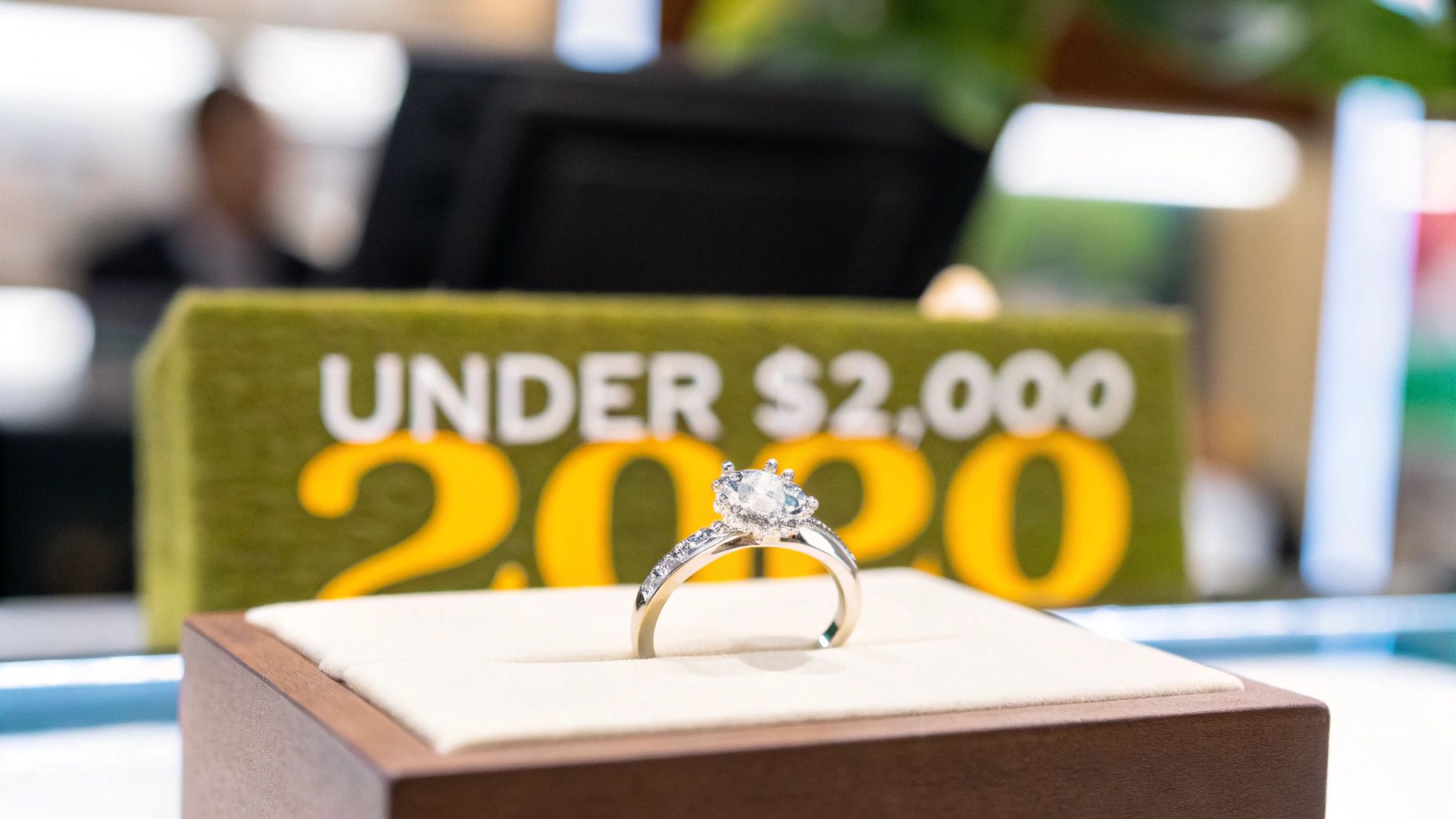African beaded necklaces are more than just beautiful accessories—they are cultural artifacts that tell the stories of diverse African communities. These intricate creations are steeped in cultural heritage, symbolizing tradition, artistry, and identity. In this article, we delve into the craftsmanship, materials, and symbolism behind these timeless treasures, highlighting their role in ceremonies, rituals, and modern fashion. Discover how these necklaces transcend their decorative purpose, becoming emblems of history and spirituality.
A Legacy Woven Through Beads
African beaded necklaces are remarkable for their ability to merge beauty with meaning. Each bead, carefully crafted and strung, embodies a tradition passed down through generations. This art form is particularly celebrated for its connection to African artistry, where every material and design choice holds profound cultural significance.
Cultural Significance and Symbolism
The beads used in African necklaces often symbolize key aspects of life, such as fertility, courage, and vitality. For example:
- Red beads often represent vitality or passion.
- Blue beads symbolize peace and spirituality.
- Green beads are linked to fertility and growth.
These symbolic motifs reflect the cultural diversity of African tribes, with each necklace carrying a story of its own.
“In African culture, jewelry is not just for adornment—it’s a language, a tradition, and a way of life.”
To see how symbolism and diversity come together in contemporary designs, explore our round necklaces collection, where timeless traditions meet modern elegance.
Materials That Speak of the Earth
African beaded necklaces are crafted from a variety of materials, each chosen for its natural beauty and symbolic value. Some commonly used materials include:
- Glass beads, prized for their vibrant colors and durability.
- Bone and shell beads, connecting wearers to the earth and sea.
- Stone beads, reflecting strength and endurance.
The choice of materials reflects the tribe’s environment and spiritual beliefs. For example, the Maasai people of Kenya are known for their bold and colorful beadwork, often using glass beads to create intricate patterns. Their bead arrangements serve as a form of storytelling, with every color and pattern carrying deep cultural meaning.
Explore the artistry of beadwork in our oval necklaces collection, where traditional craftsmanship shines in every detail.
Artisan Craftsmanship: A Timeless Skill
Creating African beaded necklaces requires exceptional skill and dedication. The process involves:
- Sourcing materials, such as recycled glass or natural stones.
- Shaping and polishing beads to perfection.
- Stringing beads into patterns that tell stories or mark significant milestones.
This artisan craftsmanship is often a communal activity, with techniques passed from one generation to the next. Such intergenerational crafting not only preserves traditions but also empowers communities economically.
Our pavé necklaces collection celebrates the artistry of handcrafted jewelry, offering pieces that resonate with cultural heritage and modern style.
The Role of Beaded Necklaces in Ceremonies and Rituals
African beaded necklaces are deeply intertwined with the spiritual and social fabric of many communities. They often transcend their aesthetic appeal, serving as powerful symbols in ceremonies, rituals, and daily life. Across Africa, these necklaces are used to signify milestones, social status, and spiritual beliefs.
Adornment in Ceremonies
In many African cultures, beaded necklaces are essential elements of celebratory attire during significant life events. For example:
- Weddings: Intricate necklaces symbolize the union of families and are often crafted with materials like shells or stones to represent fertility and prosperity.
- Coming-of-age ceremonies: Young individuals wear specific designs that mark their transition into adulthood.
- Spiritual rituals: Certain necklaces are worn to honor ancestors or seek protection from spiritual forces.
These traditions highlight the necklaces’ dual purpose as both adornments and sacred artifacts. For a modern interpretation of ceremonial designs, our rose gold collection offers pieces that blend elegance with symbolic motifs.
Social Status and Identity
Beaded necklaces also serve as visual indicators of social hierarchy, age, and marital status. Among the Maasai people, for instance:
- Single women wear colorful, multi-layered necklaces to signal their availability for marriage.
- Married women and elders don more subdued designs, reflecting their roles as community pillars.
The colors and bead arrangements are carefully chosen to communicate messages that can be understood by others in the community. This tradition is not unique to the Maasai; tribes across Africa employ beadwork to define identity and status.
Ritualistic Jewelry: Connection to the Divine
Many African tribes consider beaded necklaces to be conduits between the physical and spiritual worlds. Shamans and spiritual leaders wear necklaces adorned with specific materials believed to channel divine energy or provide protection. For instance:
- Cowrie shells are often associated with wealth and fertility.
- Metal beads, such as brass or copper, are linked to protection and resilience.
This connection to spirituality makes beaded necklaces far more than fashion statements—they are profound expressions of belief systems that have endured for centuries.
Explore the timeless appeal of spiritual and symbolic jewelry with our curated necklace collection.
Modern Adaptations: From Tradition to Global Fashion
The global appreciation of African beaded necklaces has ushered in a new era where traditional designs are reimagined for contemporary wearers. Designers now blend ancient techniques with modern aesthetics, creating pieces that resonate across cultures.
Global Influence of African Fashion
The vibrant patterns and unique materials of African necklaces have captured the imagination of global fashion enthusiasts. Their bold designs are often featured on international runways, bringing attention to the artistry and cultural significance behind these pieces. At Precious Pulse Jewelry, our designs honor this legacy while ensuring every piece retains its authenticity.
Ethical and Sustainable Jewelry
The rise in sustainable fashion has further elevated African beaded necklaces as symbols of ethical craftsmanship. Many necklaces are handmade using locally sourced or recycled materials, supporting artisans and promoting environmental consciousness.
By choosing handcrafted jewelry, such as those in our round necklaces collection, you not only celebrate African artistry but also contribute to a more sustainable and equitable fashion industry.
Timeless Treasures: Patterns, Materials, and Craftsmanship
At the heart of every African beaded necklace lies a story, woven together through intricate patterns and carefully selected materials. These necklaces are more than decorative pieces—they are cultural artifacts imbued with meaning, history, and artistry.
Patterns That Speak
Patterns in African beaded necklaces are carefully chosen to reflect cultural heritage and symbolic meaning. Each tribe has its unique aesthetic, creating a diverse tapestry of designs:
- Maasai beadwork often features bold, concentric layers, with vibrant colors representing life stages, social roles, and personal milestones.
- Zulu patterns incorporate geometric shapes, with specific arrangements conveying messages of love, friendship, or family ties.
- Turkana necklaces are known for their circular symmetry, symbolizing unity and completeness.
The storytelling potential of bead arrangements ensures that every necklace is a timeless treasure. Explore modern interpretations of traditional patterns in our oval necklaces collection, where each piece carries its own narrative.
The Materials That Define Craftsmanship
African beaded necklaces draw from nature to create pieces that feel alive with meaning. Common materials include:
- Glass beads, celebrated for their vibrant hues and durability.
- Bone and horn, connecting the wearer to the animal kingdom and symbolizing strength.
- Shells and cowrie, associated with wealth and spirituality.
- Stone and metal, offering durability and a connection to the earth.
These materials are sourced sustainably and often recycled, ensuring minimal environmental impact while supporting local artisans.
To explore jewelry crafted from such meaningful materials, browse our pavé necklaces collection, which showcases innovative designs rooted in tradition.
A Celebration of Diversity
African beaded necklaces reflect the continent’s incredible cultural diversity, with each piece serving as an ambassador for its tribe or region. They celebrate a shared humanity while highlighting the unique identities of the artisans who create them.
From Past to Present
Over centuries, beaded necklaces have evolved from their traditional forms to embrace modern aesthetics. Today, they are worn not only during ceremonies but also as bold fashion statements that celebrate cultural heritage on a global scale.
At Precious Pulse Jewelry, we take pride in offering designs that honor these traditions while introducing them to contemporary audiences. Our pieces blend the vibrancy of African artistry with the versatility required for modern wardrobes.
Why Choose African Beaded Necklaces?
When you wear an African beaded necklace, you’re not just making a fashion statement—you’re:
- Supporting ethical and sustainable craftsmanship.
- Celebrating the artistry of generations of artisans.
- Connecting with a cultural legacy that spans centuries.
Discover how our rose gold necklaces collection embodies this ethos, offering designs that unite tradition with innovation.
FAQ: Exploring the Rich Tradition of African Beaded Necklaces
Here are some of the most commonly asked questions about African beaded necklaces, focusing on aspects we haven’t yet covered in the main article.
1. What is the origin of African beaded necklaces?
African beaded necklaces date back thousands of years, with evidence of bead-making found in ancient Egyptian tombs and early African settlements. They have been used for trade, adornment, and spiritual purposes across the continent.
2. Are African beaded necklaces only worn by women?
No, African beaded necklaces are worn by both men and women. In many African cultures, men wear beaded necklaces to signify warrior status, leadership, or spiritual roles, while women’s necklaces often indicate social status, marital status, or beauty.
3. How do the colors of beads differ in meaning across tribes?
The meaning of bead colors varies between tribes. For example:
- Red might signify strength in one tribe and love in another.
- White often symbolizes purity or spirituality.
- Yellow can denote wealth or fertility.
The symbolism is highly specific to each culture, making each necklace unique in meaning.
4. How are African beaded necklaces made?
The process typically involves sourcing natural materials, shaping them into beads, and stringing them into intricate designs. Artisans use tools like needles and looms, and the craft often relies on techniques passed down through generations.
5. Can African beaded necklaces be customized?
Yes, many artisans offer custom designs that reflect personal stories, milestones, or preferences. Customization allows for a blend of traditional motifs and modern elements to suit individual tastes.
6. What makes African beaded necklaces sustainable?
African beaded necklaces are often crafted using recycled materials like glass or repurposed metals, reducing waste. Additionally, they are handmade by local artisans, promoting sustainable economic practices and minimizing environmental impact.
7. Are African beaded necklaces appropriate for modern fashion?
Absolutely! African beaded necklaces are versatile and can complement both traditional and contemporary outfits. From formal attire to casual ensembles, their bold designs add a unique touch to any look.
8. How should I care for my African beaded necklace?
To preserve your necklace:
- Keep it away from prolonged exposure to water and direct sunlight.
- Store it in a cool, dry place to prevent fading or damage.
- Use a soft cloth to gently clean beads if they accumulate dirt.
9. Can African beaded necklaces be passed down as heirlooms?
Yes, many African families pass these necklaces down as heirlooms, preserving their cultural and familial significance. They often carry stories and memories, making them treasured keepsakes.
10. Why should I choose handcrafted African beaded necklaces over mass-produced jewelry?
Handcrafted necklaces offer:
- Authenticity: Each piece is unique and rooted in cultural traditions.
- Quality: Skilled artisans ensure durability and intricate designs.
- Ethical impact: Supporting artisans helps sustain their craft and livelihoods.


